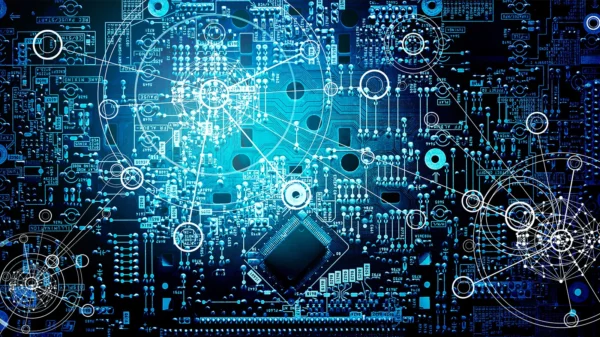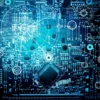Introduction: Education plays a pivotal role in shaping societies and empowering individuals to lead fulfilling lives. Over the years, the education system has witnessed significant transformations driven by technological advancements, changing societal needs, and educational philosophies. This article aims to provide a comprehensive analysis of the evolution and challenges faced by the education system, highlighting key milestones and the impact of various factors on teaching and learning methodologies.
Historical Overview of Education Systems:
1.1 Ancient Education Systems: Explore the educational practices of ancient civilizations, such as the Greeks, Egyptians, and Chinese, focusing on the role of apprenticeships and religious institutions in imparting knowledge.
1.2 Medieval and Renaissance Education: Discuss the emergence of monastic schools and universities during the Middle Ages, including the influential contributions of scholars like Alcuin and Thomas Aquinas. Analyze the transition towards a humanistic approach during the Renaissance and the establishment of new educational institutions.
1.3 Modern Education Systems: Examine the impact of the Industrial Revolution on education, the rise of compulsory education, and the emergence of standardized curricula. Discuss notable educational reformers such as Horace Mann and John Dewey, and their contributions to shaping modern educational principles.
Technological Advancements and Education:
2.1 The Advent of Digital Technologies: Explore the integration of computers and the internet into education, discussing the benefits and challenges of e-learning, virtual classrooms, and online resources. Highlight the role of educational software and adaptive learning systems in personalized instruction.
2.2 Mobile Learning and BYOD: Discuss the rise of mobile devices and their influence on education, including the concept of Bring Your Own Device (BYOD) policies. Evaluate the impact of mobile applications, educational games, and interactive platforms on student engagement and learning outcomes.
2.3 Artificial Intelligence in Education: Examine the potential of AI technologies in revolutionizing education, such as intelligent tutoring systems, automated grading, and personalized learning platforms. Discuss ethical considerations and the importance of human interaction in the learning process.
Shifts in Teaching and Learning Paradigms:
3.1 Student-Centered Learning: Analyze the shift from teacher-centered to student-centered approaches, focusing on constructivism, project-based learning, and inquiry-based instruction. Discuss the benefits of active learning in promoting critical thinking and problem-solving skills.
3.2 Competency-Based Education: Explore the concept of competency-based education, which focuses on students’ mastery of specific skills and knowledge rather than traditional grade levels. Discuss its implementation, benefits, and challenges in fostering individualized learning pathways.
3.3 Lifelong Learning and Continuous Professional Development: Highlight the importance of lifelong learning in an evolving knowledge-based economy. Discuss the role of professional development programs for educators in keeping up with new teaching methodologies and technological advancements.
Challenges and Future Directions:
4.1 Educational Inequality: Address the persistent challenges of educational inequality, including the achievement gap, socio-economic disparities, and access to quality education. Discuss strategies and policies aimed at reducing these disparities and promoting inclusive education.
4.2 Standardized Testing and Accountability: Evaluate the impact of standardized testing on teaching practices, curriculum design, and student well-being. Discuss alternative assessment methods and the importance of a balanced approach to evaluation.
4.3 Globalization and Cultural Integration: Explore the effects of globalization on education, including the rise of international schools, cultural diversity in classrooms, and the need for global competency skills. Discuss strategies to foster intercultural understanding and prepare students for a globally connected world.
Conclusion:
The education system has undergone significant transformations throughout history, adapting to societal needs and advancements in technology. The integration of digital technologies, the shift towards student-centered approaches, and the recognition of lifelong learning as a necessity reflect the evolving nature of education.
However, challenges such as educational inequality and standardized testing persist. By addressing these challenges and embracing innovative approaches, the education system can continue to evolve and provide an equitable and effective learning experience for all.




![How to Choose Business Management vs [Competitor]](https://www.hopepara.com/wp-content/uploads/2023/06/seo-597-bs-181104151-1200x675-1-600x337.jpg)





















You must be logged in to post a comment Login